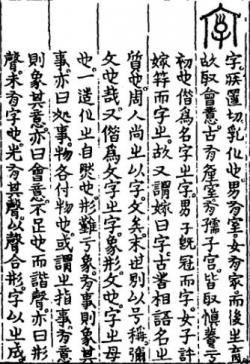In Jesuit psychological writings, especially from Matteo Ricci to Francesco Sambiasi, one can observe a cognitive sequence from the reception of the forms of the sensible to the active performance of intellectual forms. As an intellectual history of Chinese Jesuit sciences of soul and body in the late Ming dynasty and the early Qing dynasty in China, this project’s main aim is to identify the changes in the process of translating the scholastic cognition model and the reasons behind these changes. It focuses on how Jesuit scholastic psychology and physiology were introduced into China and what modifications took place in the process of transmission. The discourse on human sensory experience and knowledge between the missionaries and Confucians during the localization of Western learning of soul and body are addressed. The case of Chinese Jesuit sciences of the soul and body and its vernacular reception and application offers some key historical insights into the construction of experiential knowledge in a new cultural and social environment.

